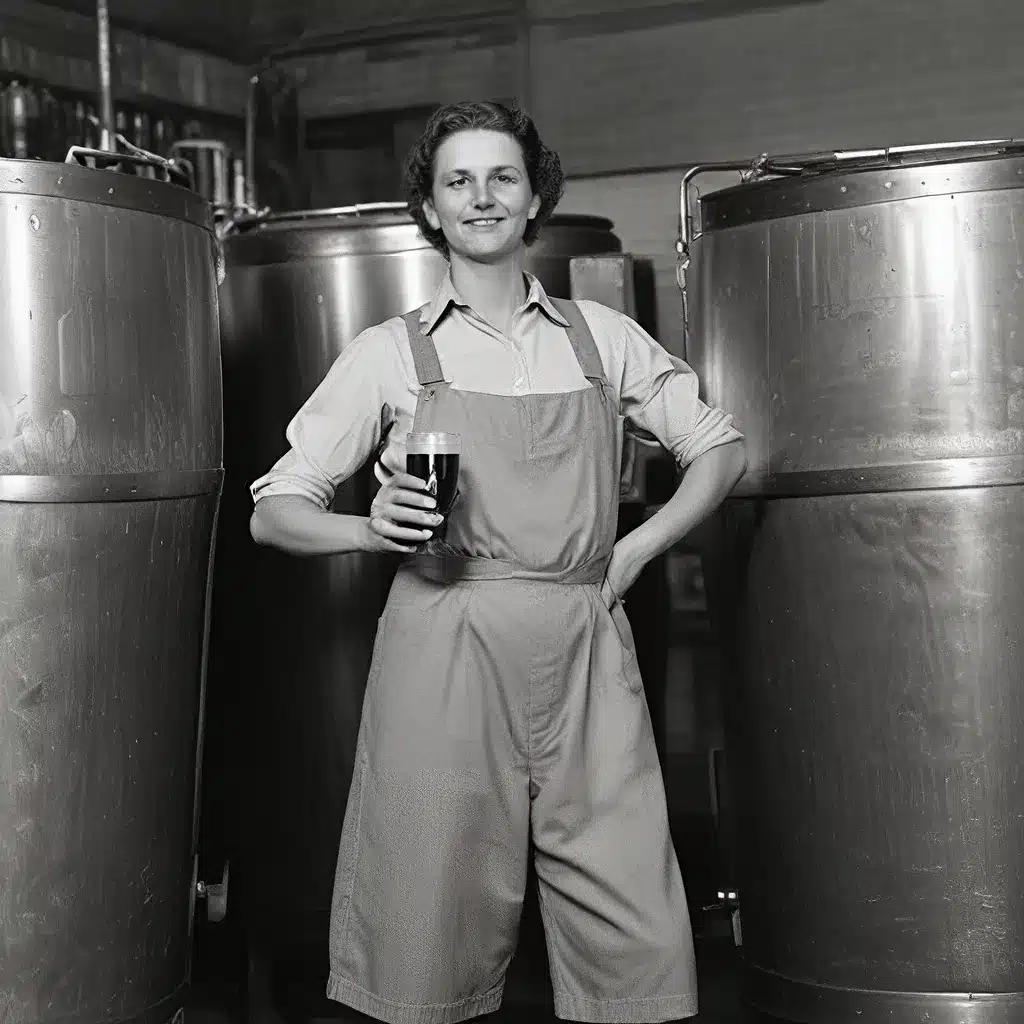
Brewing Up Revolution: The Intoxicating History of Beer and Labor Activism
I’ll never forget the day I discovered the devastating truth about my once-beloved Yuengling Black & Tan. As a proud son of Western Pennsylvania, that smooth, rich lager had always been a comforting taste of home, even as I ventured into the cutthroat world of Washington politics. But when I learned that the Yuengling company had illegally busted their union, I was emotionally devastated.
There I was, sitting at home on a Saturday night, nursing a glass of milk as I grappled with how Yuengling had betrayed not just its workers, but me. I couldn’t bring myself to enjoy a single sip, knowing the injustice that had been done. My outrage quickly shifted from the brewery to the broader lack of labor protections in this country. It turns out that under US labor law, employers can freely violate the rights of workers trying to unionize, with little more than a slap on the wrist.
But as I delved deeper into this disheartening reality, I also discovered a surprising truth: beer has a long and intoxicating history of fueling the labor movement. From the saloons of the Industrial Revolution to the craft breweries of today, the humble pint has been both a catalyst and a symbol of workers’ struggles for better wages, safer conditions, and a voice in the workplace.
Raising a Glass to Solidarity
It’s a legacy that stretches back to the 19th century, when the rise of industrial capitalism gave birth to a new urban working class. As factory owners exploited their employees, workers began organizing into labor unions, often gathering in neighborhood saloons to plan strikes and rallies. These humble watering holes became hubs of working-class activism, where beer lubricated the gears of solidarity.
Take the case of the Haymarket Affair in 1886 Chicago. When police attempted to break up a labor rally protesting the killing of striking workers, a mysterious bomb exploded, leading to a violent crackdown that left dozens dead. The incident was a pivotal moment in the fight for the eight-hour workday, and it all unfolded against the backdrop of a nearby saloon, where union organizers had gathered to coordinate their efforts.
The connection between beer and labor was hardly confined to the urban centers of the Gilded Age. Even in the rural Midwest, where small-town breweries were as common as the family farm, the humble pint played a crucial role in empowering workers. In 1933, when the repeal of Prohibition breathed new life into the beer industry, it also revived the fortunes of the United Brewery Workers Union, which had been decimated by the dry years.
As Tony Rehagen writes, the return of legal beer “quickly changed the economic landscape, putting thousands of brewery workers back on the job and providing a reliable source of dues to fuel the union’s organizing efforts.” With their newfound strength, the Brewery Workers fought for better wages, safer conditions, and the right to collectively bargain – all fueled by the very beers they produced.
The Rise of Craft Activism
The story didn’t end there. As the craft beer revolution swept across America in the late 20th century, a new generation of brewers and drinkers rediscovered the activist spirit of their forebears. From the fight for diversity and inclusion to the ongoing battle for workers’ rights, the modern beer industry has become a hotbed of social justice activism.
Take the case of Weathered Souls Brewing in San Antonio, Texas. In 2020, as the nation grappled with the murder of George Floyd and the resurgence of the Black Lives Matter movement, the brewery launched the Black Is Beautiful collaboration beer project. The initiative, which saw over 1,600 breweries worldwide participate, raised funds for social justice initiatives and sparked a crucial conversation about diversity and inclusion in the industry.
But the beer world’s activist spirit hasn’t been limited to issues of racial equity. The fight for workers’ rights has also taken center stage, as breweries like BrewDog have faced allegations of workplace misconduct and abuse. And in the face of such challenges, a new generation of beer lovers and industry professionals have stepped up to demand change, using their passion for the craft to fuel a movement for social justice.
Keeping the Foam of Progress Flowing
As I reflect on this intoxicating history, I’m reminded of the words of that longtime union organizer I spoke to years ago. “If the penalty for robbing a bank was you had to post a piece of paper saying you robbed a bank,” he told me, “we’d all be bank robbers.”
It’s a sobering truth that the beer industry, for all its rich tradition of labor activism, has also been plagued by the very forces that have undermined workers’ rights across America. From the busting of the Yuengling union to the allegations of abuse at BrewDog, the struggle for justice in this industry is far from over.
But as I raise a glass to the memory of those union halls, wedding receptions, and Fourth of July barbecues that once dotted my hometown, I’m filled with hope. The spirit of solidarity that once fueled the labor movement is alive and well in the world of craft beer, with a new generation of activists fighting to ensure that the foam of progress never stops flowing.
So the next time you pour yourself a pint, remember the intoxicating history that lies within. Because when it comes to the fight for social justice, a cold beer has always been the perfect catalyst for change. Cheers to that.

